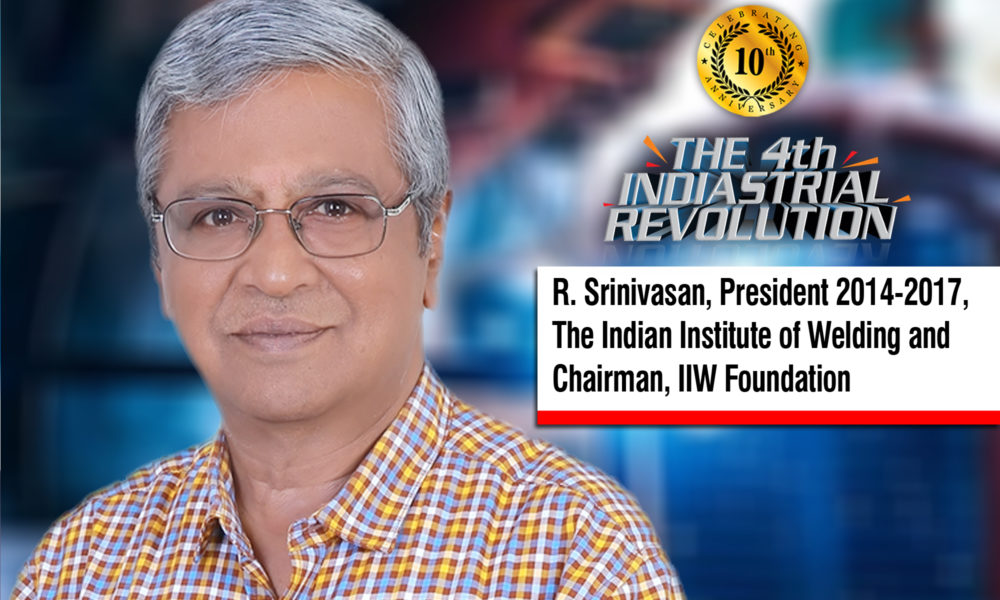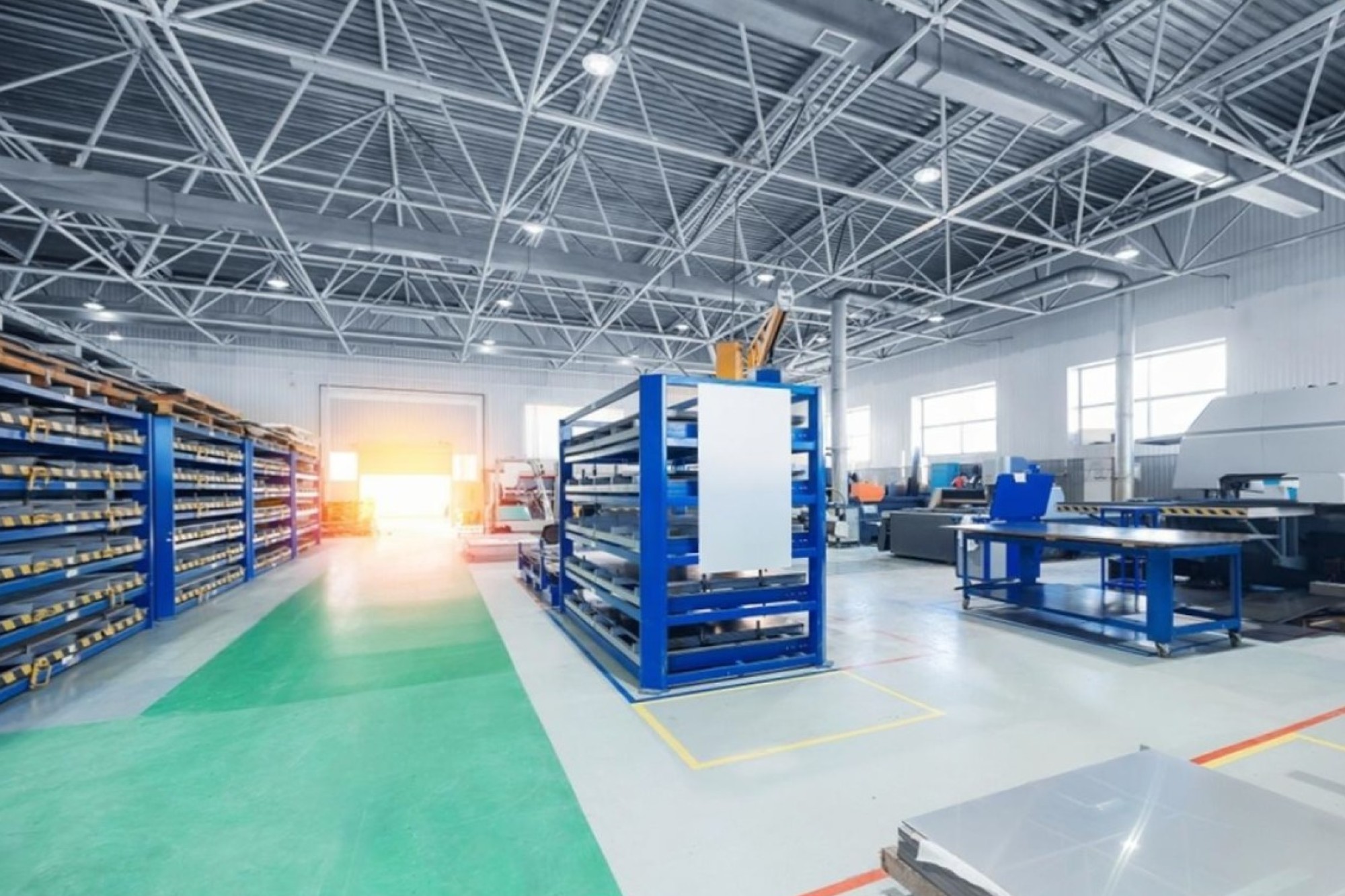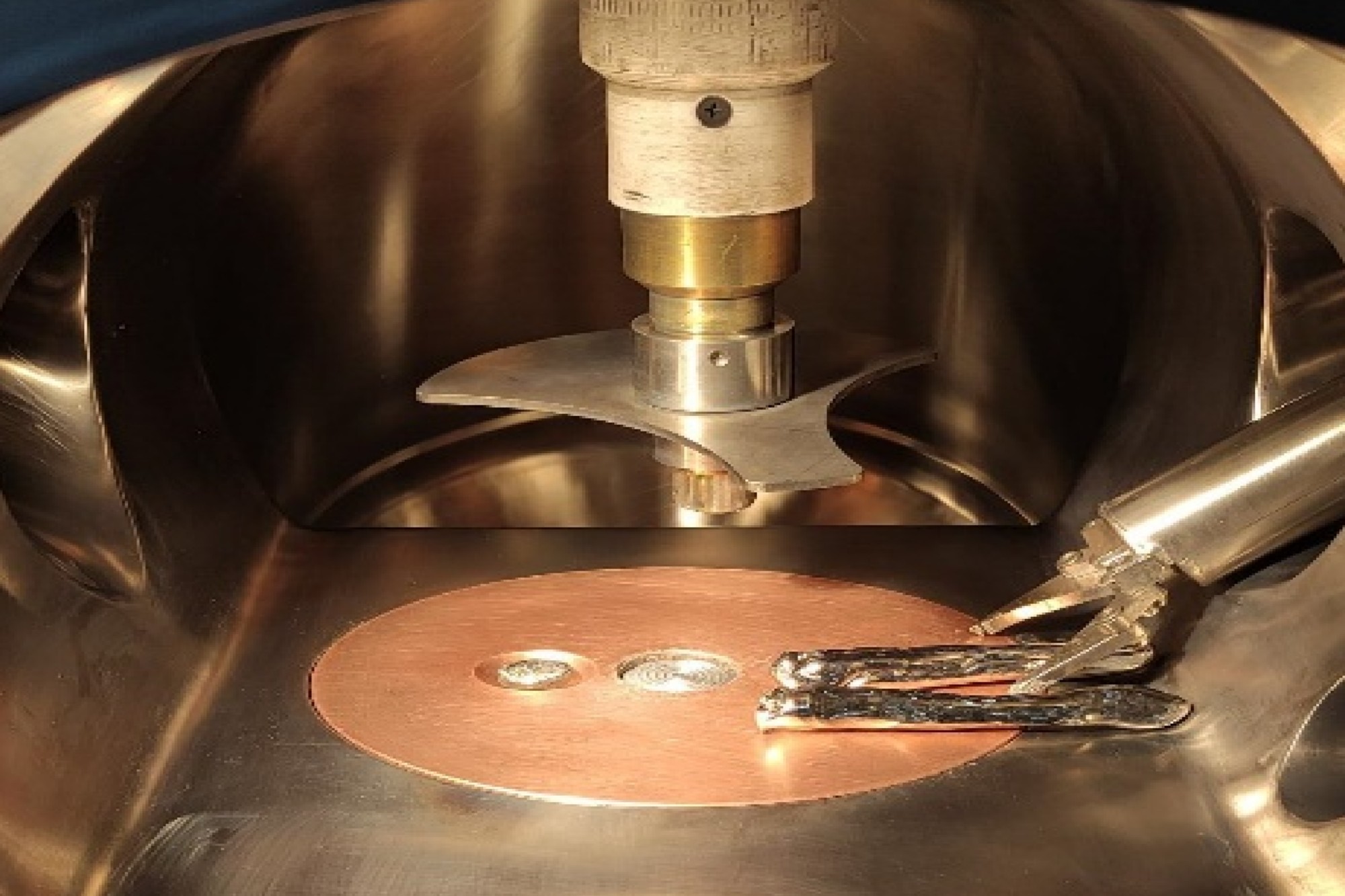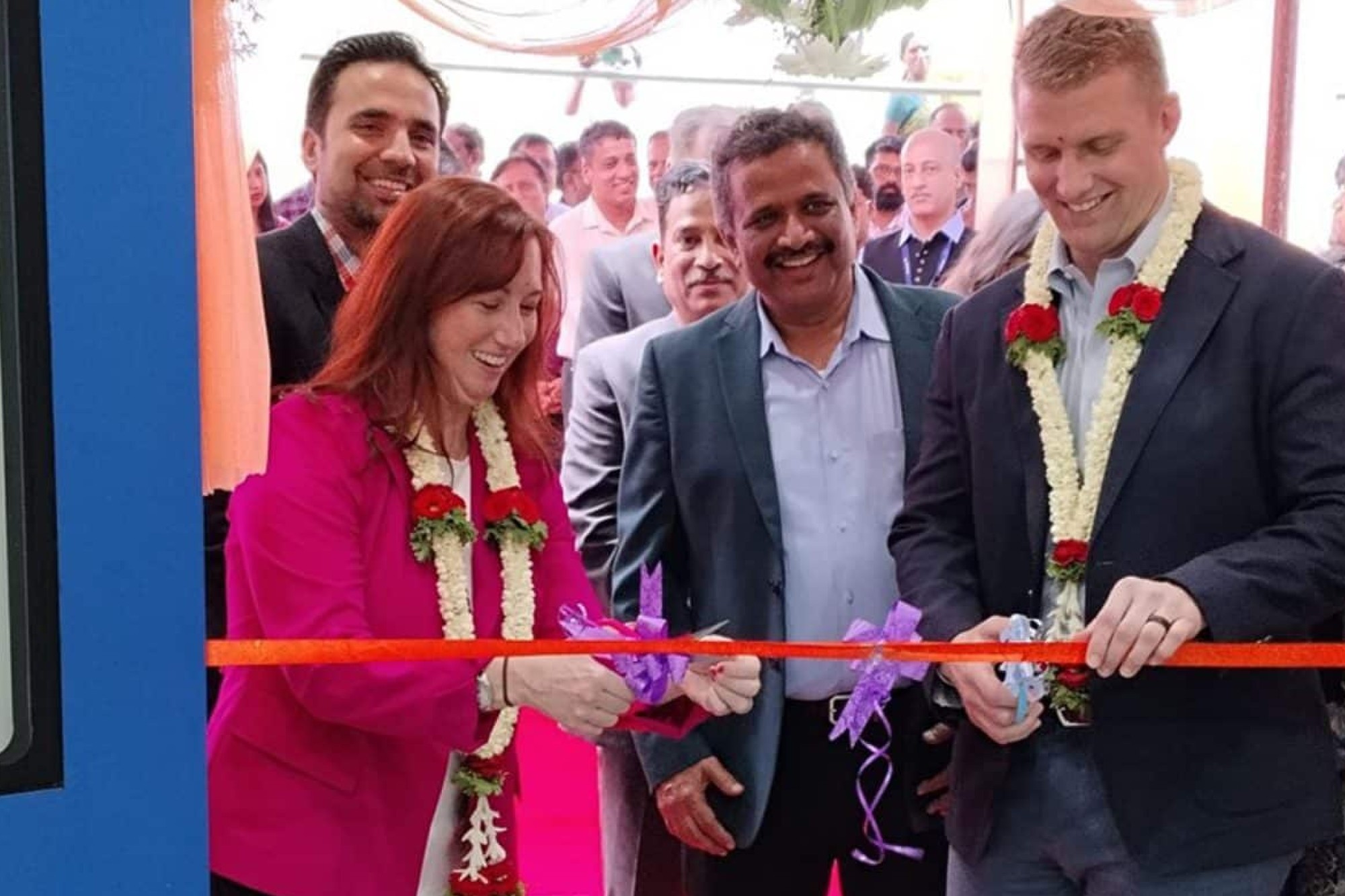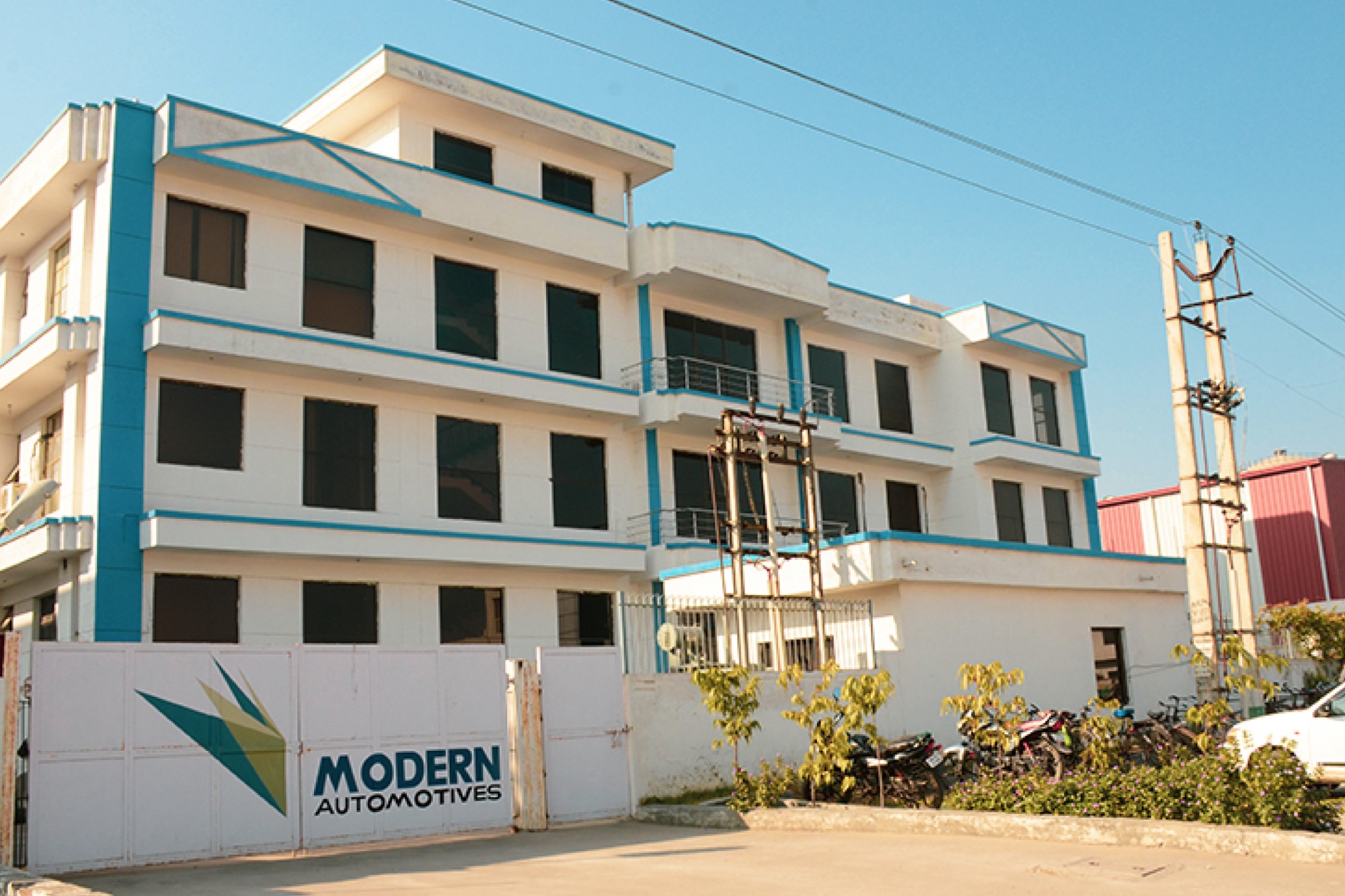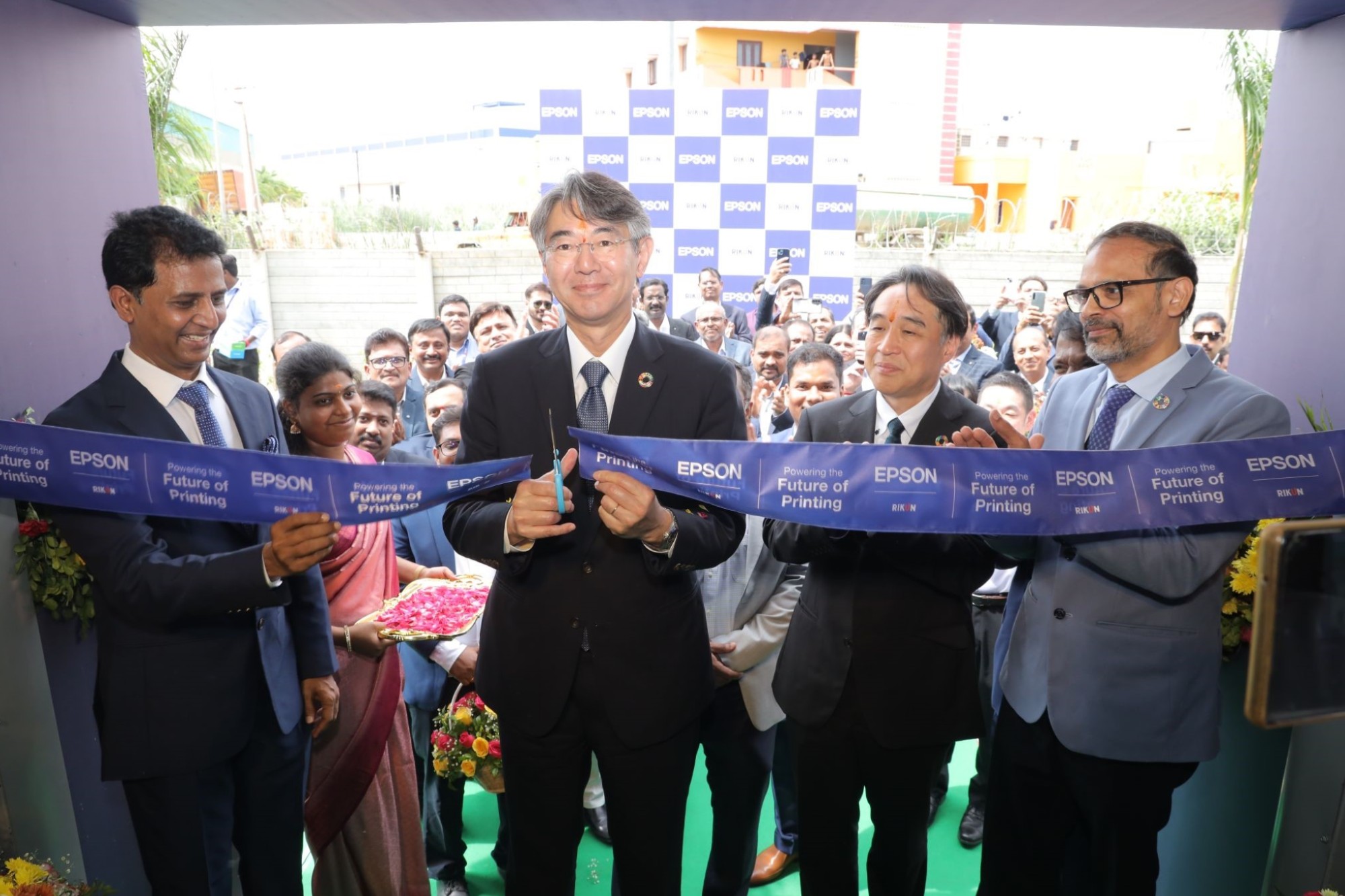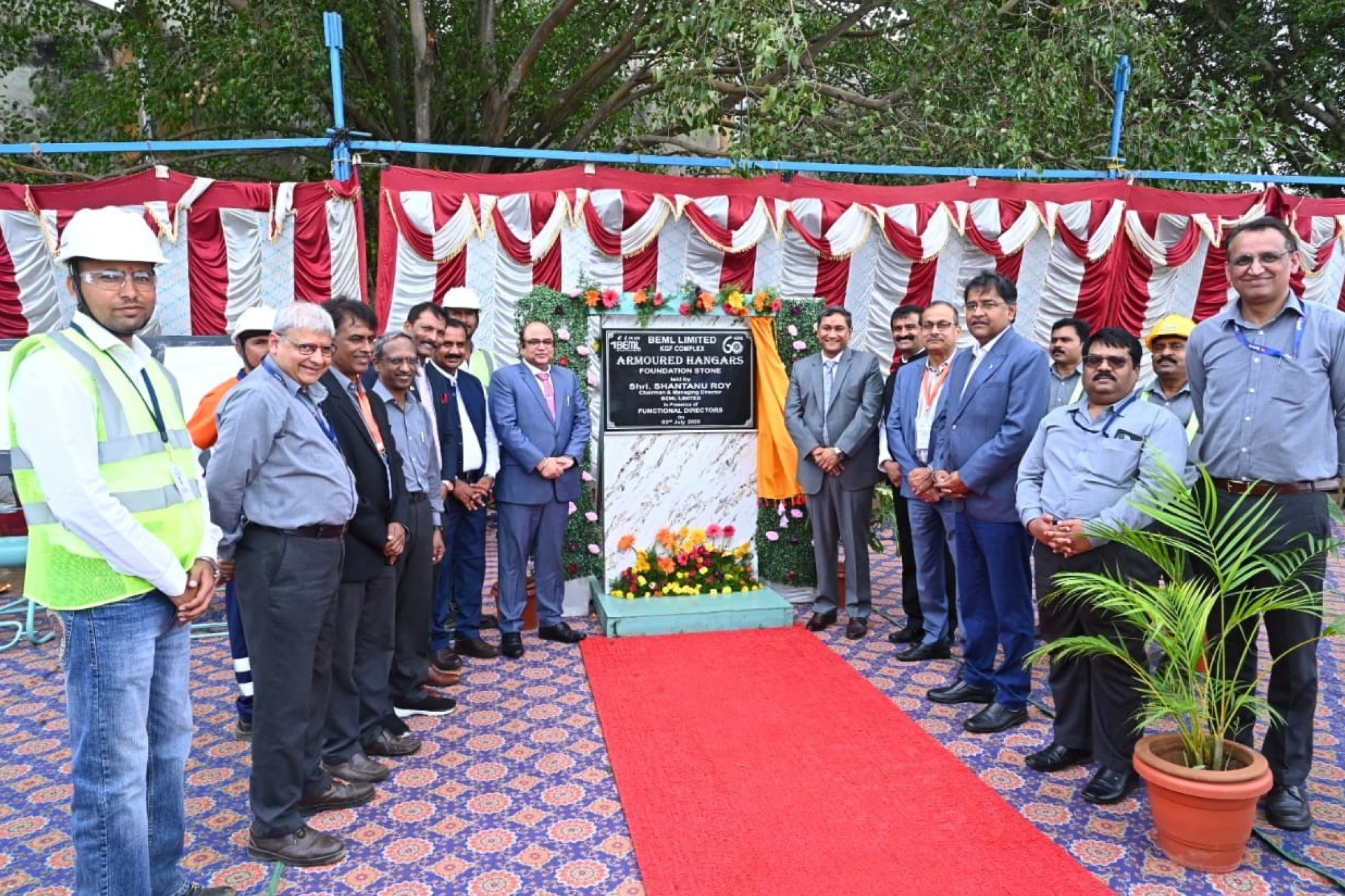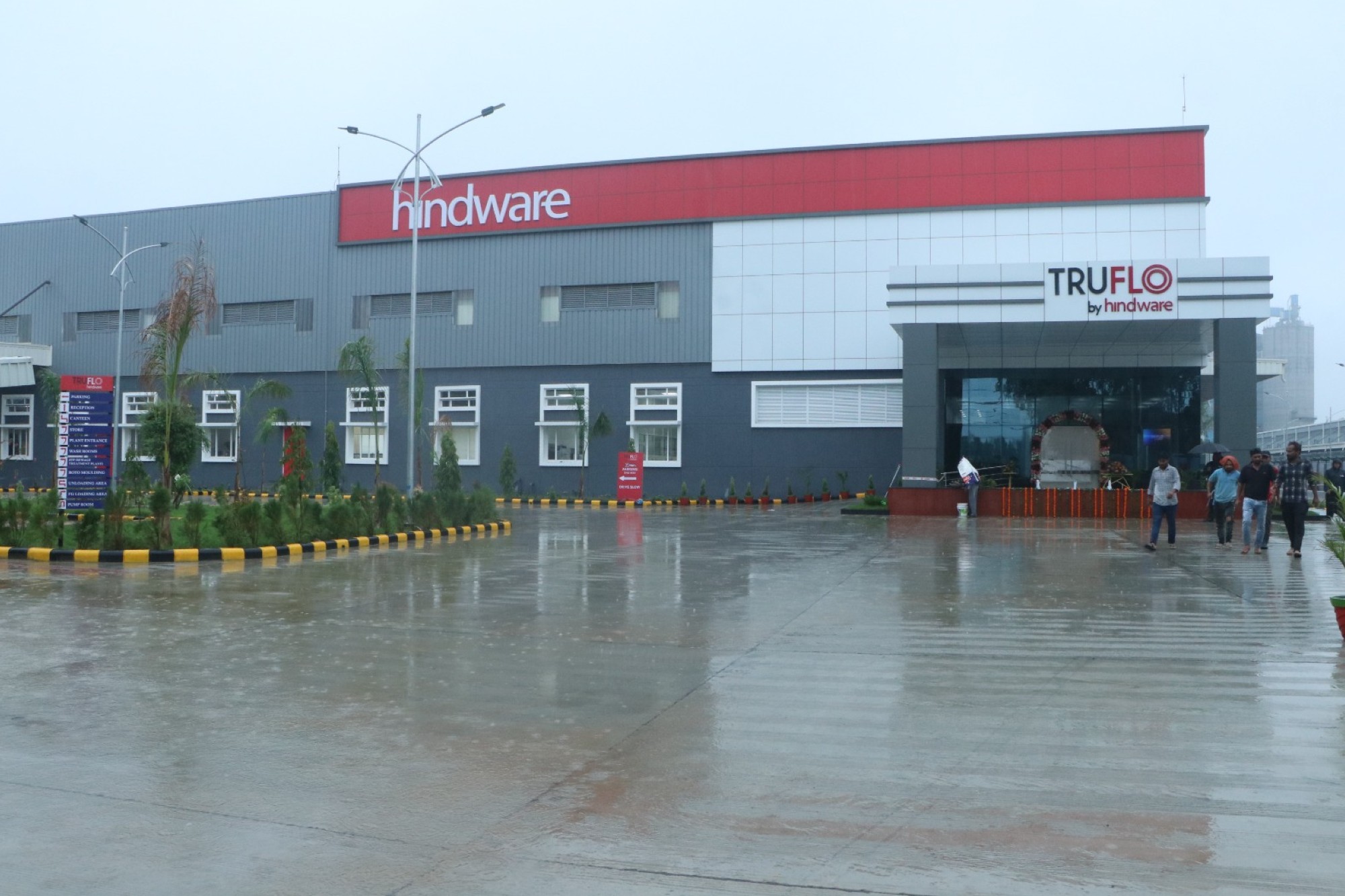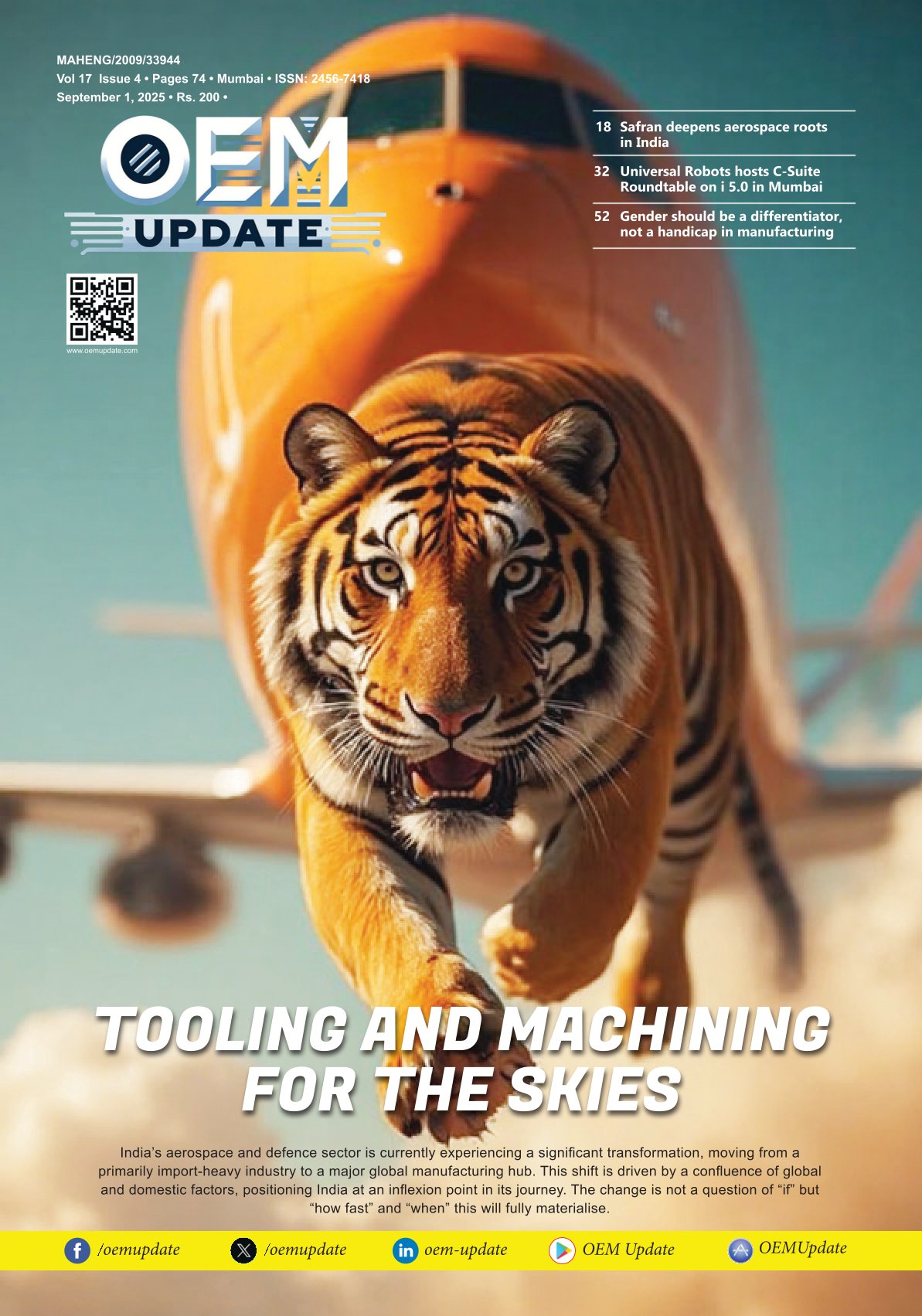Need improvisation towards welding with certification
By OEM Update Editorial June 18, 2019 11:34 am IST
RSrinivasan, President 2014-2017, The Indian Institute of Welding and Chairman, IIW Foundation. The Indian Institute of Welding discusses how welding is an integral and important activity in the metal joining process and part of the manufacturing activity. The optimum use of digitalisation in the Indian industry, in terms of manufacturing, is being just explored very recently.
Make in India transforming outlook of manufacturers
What I feel is that the Make in India initiative, which was started in 2014, has really transformed the outlook of manufacturers in the country. I would say that manufacturers, who earlier used to rely partly on foreign technology and services, are now thinking out of the box to make substitute of products, which were being imported, and make it available in the country. It may not be happening in all segments, but at least in some key segments, people are trying to explore possibilities to find an indigenous and equally technically cost effective solutions.
The Make in India initiative has given manufacturers the opportunity to develop new products instead of importing it. Lot of R&D activities are happening in the Indian welding industry, which is a very positive sign. Whatever we’ve achieved might be negligible, but at least steps are being taken. I feel that this initiative will give manufacturers a long term objective and people would be able to take advantage of it. Maybe, we need to travel a long distance to reach the milestone, but the change has begun.
Digital India’s efforts to empower ‘intelligent welding’
Welding is an integral and important activity in the metal joining process and it is part of the manufacturing activity. Going digital is a challenge faced not only by the welding industry, but also all sectors of manufacturing. The optimum use of digitalisation in the Indian industry, in terms of manufacturing, is being just explored very recently.
Primarily, I feel that the personnel who are involved in the manufacturing activity have limited access to digital controls. However, large industrial houses, which are moving towards implementation of Industry 4.0, have sufficient access and expertise. Previously, manufacturing activity has not explored the use of digital services. But, now, the Digital India initiative has given an opportunity for the people to look beyond traditional manufacturing practices.
Industries are now open to adopt digitalisation, but the lack of infrastructure is becoming a hindrance. Large industrial houses should support smaller companies associated with them to adopt digitalisation. Also, there are lot of vocational training centres in the country, which are still not exploring the advantage of digitalisation. There are lot of government and private training bodies where digitalisation has to be introduced. But, the major concern is funding; this is where the role of government is very important. In order to make digitalisation play an important role in the metal joining industries in our country, efforts to develop a strong knowledge sharing programme should be devised at all levels.
Welding industry is the key element
Today, welding is the largest activity segment of the fabrication industry, irrespective of any project. For the welding industry, civil, mechanical, infrastructure, defence, ship building, transportation, power, agriculture and other segments will never be removed as long as steel or metals are the main materials to join. The quantum of importance given to various manufacturing activities are not been given to welding. Even today, somehow, in the industry, welding is treated as an also-ran activity. Wherever steel is to be joined with other material, there is no other technology other than welding. But, unfortunately, welding industry has never been recognised. I think the public awareness on welding itself is very poor.
Recent reports of infrastructure collapses in some of the places, where the welding activity was neglected, speaks about the importance it gets at present, which is really a very disturbing aspect. I, as a welding engineer involved with this activity for over 40 years, feel the pinch. The emphasis on quality and safety is not being done. The rust collared workers lack training and their health hazards are hardly being addressed. The organisation has to look after the welders and the welding professionals, and give more importance to welding activity. Investments should be done on quality management in welding, training, and better quality safety accessories.
Accepting welding as an integral process
Welding is definitely an integral process of the metal joining process. Unfortunately, for welding, there are no statutory laws and government guidelines. If you do not have a valid driving licence, you are not permitted to drive a vehicle on road; if the electrician do not have a valid licence he cannot be used in the industry; if a doctor wants to practice he needs medical profession registration; and so for a lawyer. But, nothing is required for welding, unless the government seriously recognises the safety and its importance. Anyone can come and take the electrode holder and start welding. Contractors hire anybody without any quality consciousness, certification, safety precautions, whcih results in welding failures. This only happens because there is no legal law. There are over 60 per cent welders in the country who are not certified.The government and factory inspectors should ensure that the company appoints only certified welders. Certification of welders should be made mandatory by the government and hiring of uncertified welders should be treated as a crime.
Today, several professional bodies, which are able to offer quality practical and theoretical knowledge to the welders, are available. At IIW-India, we have welder’s training programmes. We have a number of customised and tailor-made welding curriculum for the upliftment of welding technology. We evaluate the welder and certify them under ISO 17024, which is the highest welding certification body accepted internationally. I feel that by hiring certified welders, the quality of welding will be much better and the production quality would be much higher, which would result in lesser defects, and improved service condition of equipment.
The trend of welding
There are new materials being introduced with new composition in steel, non-ferrous alloys, alloys and aluminium. New metals are being developed depending upon the industry’s needs. When a new metal is being developed, naturally, it poses a big challenge to the welding engineers and experts. There will always be a challenge on how to weld, how to maintain the welding, what type of consumable is required, and what type of welding technology must be applied. Consistent and continuous development of the welding process and technology, with respect to various materials, are definitely giving us an opportunity to grow.
Roadmap for the future
Today, the welding industry’s growth is directly proportional to the growth of steel and the per capita consumption of the steel in the country. Normally, it is welding that accounts to approximately three per cent of the total steel used. Since the country is having very ambitious target of proposing to produce over 260 million tonnes of steel the welding industry is equally poised to meet the demands.The welding industry is also expected to grow in line with the expected GDP growth.
In addition, to make things more robust, I feel that the fundamental requirement is to have proper welding education at the undergraduate level. I’d like to express my desire to the Ministry of Human Resource Development and All India Council for Technical Educationton introduce a four-year Bachelor of Engineering programme in welding, or welding and metallurgy together, or maybe a part of industrial engineering or production engineering at academic level.
Once the students come out of colleges, at least they would be aware about welding. Then we would be able to have a much better qualified welding engineers with digitalisation in their mind. This will definitely help the industry to grow, further enabling us to compete with people internationally. In order to meet the surging demands, changes of metals, digitalisation, I feel that there should be a full-fledged welding research centre in our country.
Today, India is no more a developing country, but a developed economy. Today, the world is looking at India as a hub of manufacturing. With the technology and manpower available, I think a little amount of boost from the government and from other sector would be able to make the Indian welding industry perform better.
By hiring certified welders, the quality of welding will be much better and the production quality would be much higher, which would result in lesser defects, and improved service condition of equipment
R. Srinivasan, President 2014-2017, The Indian Institute of Welding and Chairman, IIW Foundation
Cookie Consent
We use cookies to personalize your experience. By continuing to visit this website you agree to our Terms & Conditions, Privacy Policy and Cookie Policy.



